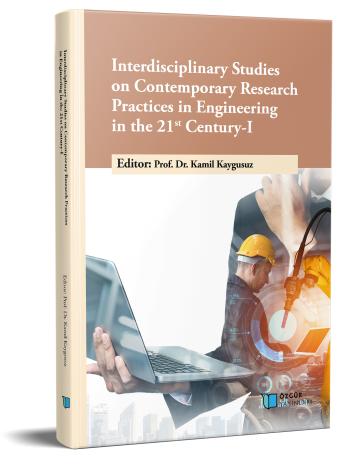
Effects of used routing algorithm on mobile multi-hop tunnelling network throughput
Chapter from the book:
Kaygusuz,
K.
(ed.)
2023.
Interdisciplinary Studies on Contemporary Research Practices in Engineering in the 21st Century- I.
Synopsis
Today, the demand on the network structures with higher bandwidth capacity also increases by the constantly increasing number of mobile devices. Thus, there are many studies in the literature using tunnelling algorithms because of their priority based forwarding structures. However, when it is required to update a route of a tunnelling network according to instantly changing network conditions, this will cause an extra route reconstruction (RRC) and will yield some extra delay. This extra delay might decrease the system throughput instead of improving it. Considering this case, to make a route reconstruction, the time lose that will be caused by route reconstruction should be less than the time amount that will be gained by updating the route.
In this book chapter, based on a study [1] in the literature which attempts to increase the system throughput by extending the route life in mobile multi-hop tunnel networks, the development of the proposed Optimum Path Routing (OPR) routing algorithm and how different routing algorithms are evaluated in terms of network throughput (bits per second) are explained. Then the performance of OPR algorithm proposed for throughput improvement is compared with the performance of Fastest Path (The Fastest Path) routing algorithm [1,4,5] in terms of network throughput and RRC delay amount

